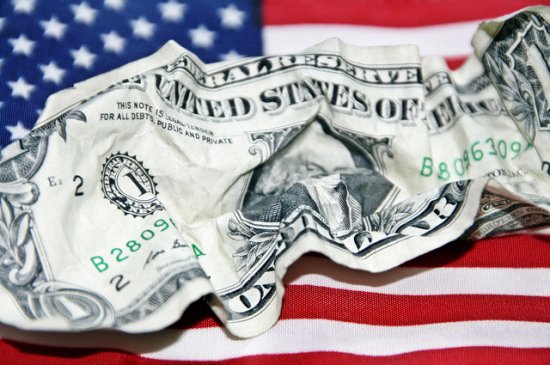We write here about those struggling with unemployment and low income and, on the other end, about celebrities that go bust. But what about those that are earning a good living but still struggling? In fact, many that come into our offices to file bankruptcy are neither low income earners nor outrageously wealthy but are earning a salary that most would find envious – around $100,000 a year – and still struggling. How does this happen?
Enhanced lifestyle
When you start making good money, it's natural to want to upgrade your lifestyle. This can happen after college when you start to move up in the world or when you make the move to management, find your true calling in life or any other change that amps up your earnings power. It's natural that you want to reward yourself for a job well done and do nice things for your family that has supported you along the way.
If you've been driving an older used car and can suddenly afford a new car payment, it's tempting to take out a loan and buy one. If you never owned a home, a higher salary is the ticket to get a loan and once a realtor finds out how much money you make, they'll show you homes that will max out what loan amount your salary can secure. This is a slippery slope to over-consumption that can get you in trouble if you're debt spending (i.e. taking out loans to buy things).
Lack of savings or safety net
The other thing is that even if you get a major pay bump overnight, that still comes in the form of paychecks over time. Even going from earning $40k to $80k – a doubling in earnings – means going from a take-home pay every two weeks of about $970 after FICA, federal withholdings, insurance and 401(k) to a take-home pay of about $1,610 (or less). Because you pay more in taxes and other expenses, your take home won't double.
If you double your expenses based on the idea that your take-home pay will double, you'll get in trouble quickly. And if you weren't saving and then ramp up your expenses, you won't be able to start saving. This means you have no safety net and higher expenses. It's very common for high earners to have the same amount of savings as lower earners (little to none) and that can cause problems if anything happens.
Life throws you curve balls
If you're living conservatively, below your means and save up some money, you'll have a buffer in case something happens like a bout of unemployment, illness of you or someone in your family or you have unexpected expenses like a major car repair. But know matter how much you're earning, if you're not saving, are running up credit card debt and are living at the limit of your income, any little thing can send you over the edge.
Even going without a job for just a few weeks or a month or two is enough to send people deep into unrecoverable debt. If you're living paycheck to paycheck, it doesn't matter how big the check is if it won't cover all your bills. Many people you wouldn't expect to have turned to personal bankruptcy for help – even doctors, high earning executives and corporate lawyers. While bankruptcy filing have actually dropped for moderate earners, for higher earners, filings have actually increased.
Chapter 7 is open to people of most income levels so long as your debt far outweighs your income and you didn't incur the debt fraudulently. No matter what you're earning, if you can't afford to pay your bills and it doesn't look like your circumstances will reverse, contact the North Carolina bankruptcy professionals at the law offices of John T Orcutt for a free consultation on your financial circumstances.

